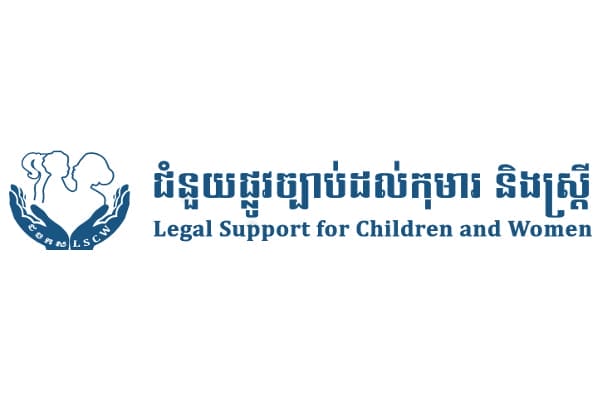The project aims to strengthen educational communities to contribute to the fulfillment of social and economic rights for vulnerable children and youth at risk of unsafe migration in Cambodia.
In Cambodia, the school dropout rate is 7.2% in primary education, increasing to 16.6% for lower secondary education and 18.5% for upper secondary school. Most children, especially girls, who leave school, do so to contribute to their families’ livelihoods, earning money to repay debts contracted with financial institutions or private lenders. This situation has inevitable repercussions on education levels: 66% of students still cannot read a single word in Khmer at the age of 7, and at the age of 15, the level of competence in the Khmer language reaches only 8% (compared to the OECD average of 74%).
The poor quality of education and the challenges in accessing vocational training paths (TVET) pose significant difficulties in finding a competent workforce. According to the World Economic Forum, Cambodia ranks 123rd out of 141 countries in terms of ease of finding qualified personnel. Young job seekers often find themselves compelled to migrate in search of better opportunities, hoping for higher wages despite their limited knowledge. However, due to a lack of financial resources and professional skills, they tend to prefer unsafe migration channels, thereby increasing their vulnerability. In fact, the aspirations of young migrants often collide with the harsh reality of violence and abuse that awaits them. Frequently forced to work for years on fishing vessels in inhumane conditions, with minimal food and water available, their experience is far removed from their initial hopes.
Considering this framework, some of the most urgent challenges include:
- Financial difficulties faced by families in purchasing school materials and daily meals.
- Involvement of children in family economic activities, impacting school attendance and increasing dropout rates.
- Inadequate or absent pedagogical qualifications of teachers.
- Ineffective and dysfunctional school governance.
- Insufficient employment services and inadequate job-matching systems.
- Fragmentation and lack of a network among Civil Society Organizations (CSOs), recruitment services, and local authorities.
- Limited information on the rights of migrant workers (only 33% of Cambodian migrant workers are informed about their labor rights).
- Psychological threats and extortion faced by migrants from brokers during the migration process.
- Lack of capacity and resources within national and local authorities to support migrants and implement international migration laws.
- Absence of adequate visa provisions or documentation, exposing migrants to the risk of deportation and exploitation.
To address these challenges, the project focuses on three main objectives:
- Enhancing Access to Quality Education: The project is currently training teachers, providing support to students with learning difficulties and those who are most vulnerable through scholarships, engaging parents, and strengthening school governance.
- Empowering Civil Society Organizations (CSOs): The goal is to improve recruitment and support services for young people in their job search. Additionally, the project is establishing a network among CSOs, local authorities, ministries, schools, and service providers.
- Promoting Safe Migration: The project is currently raising awareness and conducting training sessions for potential migrants and those who have already returned. Furthermore, it offers legal counseling to victims of abuse and violence, supporting them in the process of obtaining necessary documentation.



